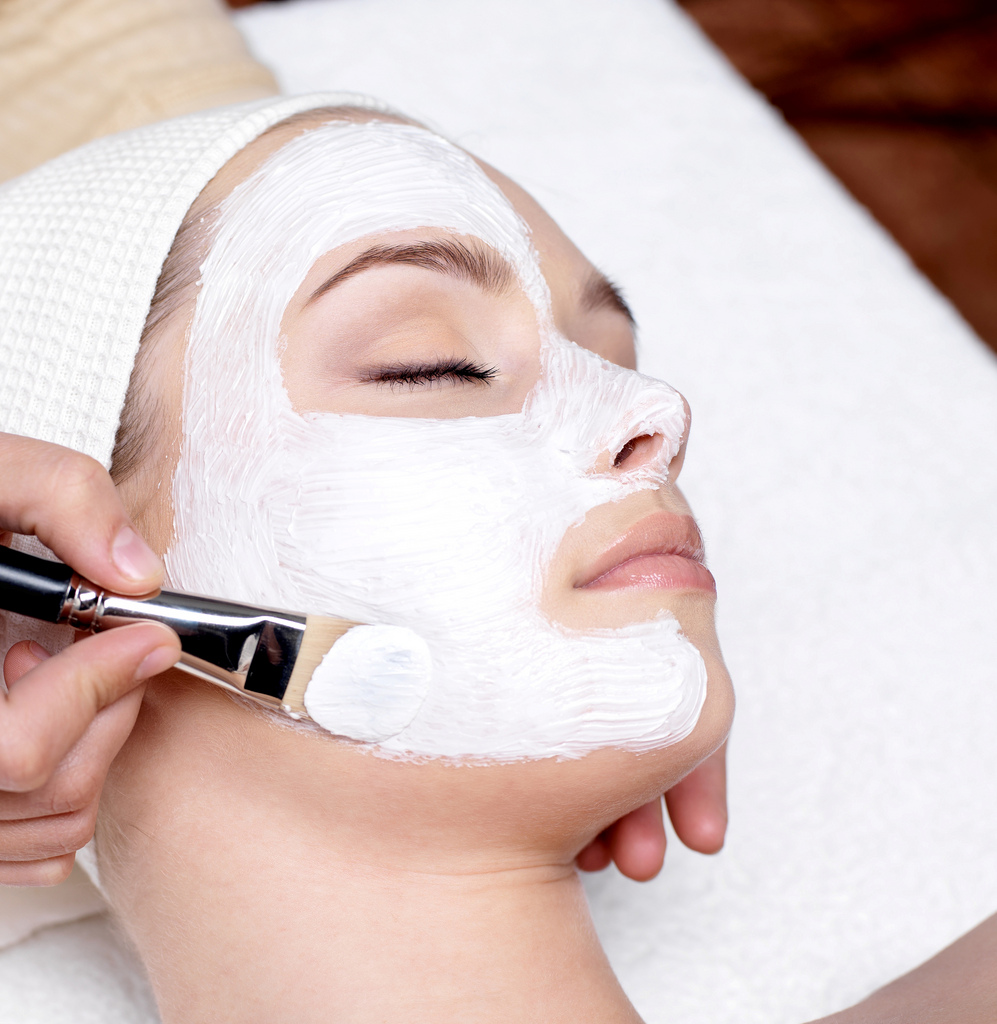
Plenty of myths and misconceptions exist when it comes to the effectiveness of face masks. What some people think works well may actually be harmful, while other little-known ingredients may work wonders. Here are a few points to consider.
Not All Ingredients Are Good for the Skin
Some treatments contain products that are not as helpful as you may think. Overly acidic formulas can cause irritation and even permanent damage. Certain products can aggravate sensitivities, possibly resulting in allergic reactions or breakouts.
Choose the Right Mask Based On Your Skin Type
What makes good face masks really depends on each person’s biology and skin type. Additional considerations include the climate you live in, your age, and whether you have specific conditions such as acne, eczema, or psoriasis.
Certain masks work better than others for fighting wrinkles. Some formulas encourage oily skin to produce less oils, while others provide much-needed humidity to combat dryness. It’s important to keep the desired results in mind. Do you want to revitalize dull skin? Are you trying to prevent future breakouts? The right ingredients, in the right combinations and proportions, will improve skin, but it can be tricky to come up with the ideal formulas.
Use as Part of a Healthy Regimen
Face masks offer many health benefits, but only when the proper ingredients are used for a person’s specific skin condition and type. Dermatologists can determine what the optimal mask ingredients are for you. They are trained to know which products might cause irritation, and which ones contain healing properties. When in doubt, check with a board-certified dermatologist to see what will help, not hurt, your face.
The best masks provide multiple benefits. They moisturize while absorbing excess oil. They can effectively treat problem skin, delivering antioxidant and anti-inflammatory benefits. They can treat wrinkles and create a smoother appearance. Ask a dermatologist about additional benefits masks can offer and which ingredients are best for your skin type.
